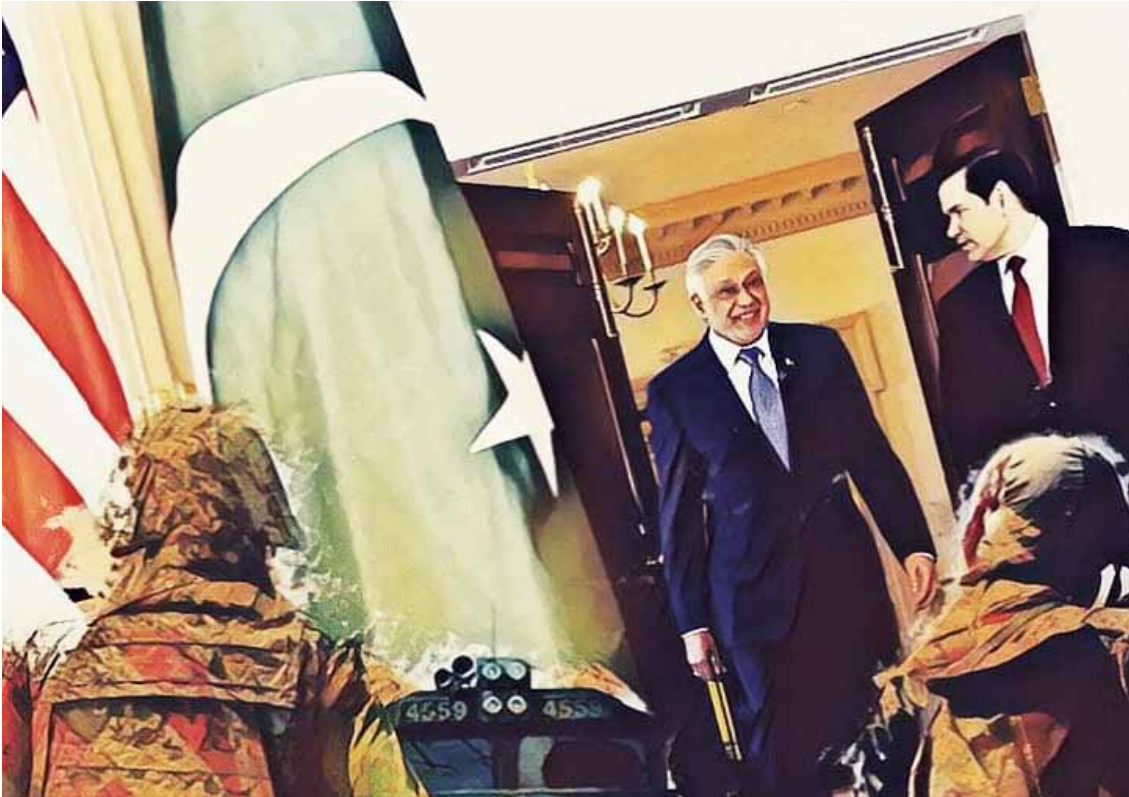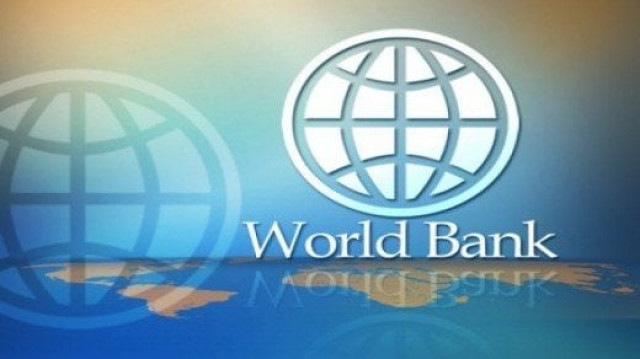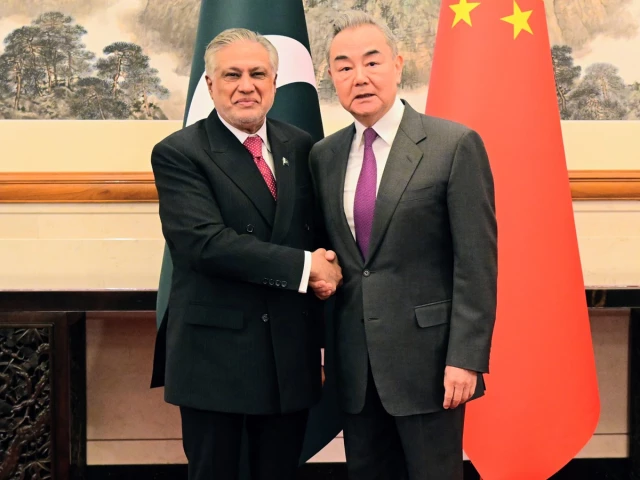Understanding the Evolving Landscape of Pakistan-US Relations
As the political landscape shifts around us, many are keeping a close eye on international relations, particularly the Pakistan-US dynamic. Just days before President Trump’s anticipated second inauguration, a senior Pakistani diplomat shared insights on what to expect in the coming term. The sentiment? Pakistan is in for a challenging ride.
The diplomat pointed out that Trump’s team comprises individuals who might not view Pakistan favorably. This perspective wasn’t just an isolated opinion; many international experts echoed it, indicating that while Trump’s unpredictability could pose risks, there wasn’t much hope for improved ties between Islamabad and Washington. Instead, it appeared that the US-India relationship would only strengthen.
However, a fascinating twist occurred shortly after Trump took the stage for his first Congressional address. He praised Pakistan for its cooperation in capturing key figures linked to terrorism, particularly highlighting its role in the arrest of Muhammad Sharifullah, implicated in a tragic bombing in Kabul. This unexpected commendation shifted the narrative, opening channels of communication that hadn’t been there before.
Skepticism lingered, of course. Many wondered whether this praise was merely political rhetoric, and what Pakistan might gain in return. Yet, the developments that followed suggested a substantive change in US policy towards Pakistan. Notably, the US named the Balochistan Liberation Army (BLA) and its Majeed Brigade as Foreign Terrorist Organizations, a move that Islamabad had sought for years without success.
This designation carries significant implications—from freezing BLA assets in the US to barring its members from entering the country. It complicates the ability of the BLA to garner international support and funds, particularly when their alleged activities go against US counterterrorism interests.
Moreover, classifying the BLA as a terrorist organization reaffirms Pakistan’s long-standing argument that foreign backing fuels the insurgency in Balochistan. This could shift the geopolitical balance, especially concerning India’s open support for separatist movements.
Interestingly, these developments may also align with US interests in the mineral-rich Balochistan region. With stability in mind, US investment could pave the way for longer-term collaboration between the two nations.
In conclusion, the evolving Pakistan-US relationship reflects complexities shaped by both historical grievances and contemporary geopolitics. As the region continues to navigate these changes, staying informed through reliable sources like Pro21st can help you engage meaningfully with global issues that matter.
At Pro21st, we believe in sharing updates that matter.
Stay connected for more real conversations, fresh insights, and 21st-century perspectives.





